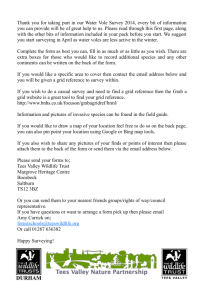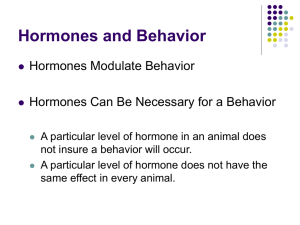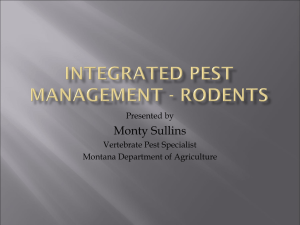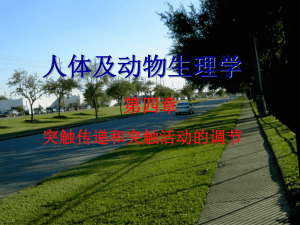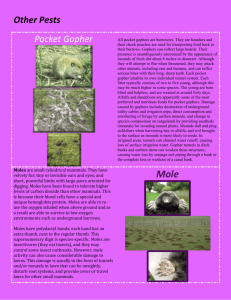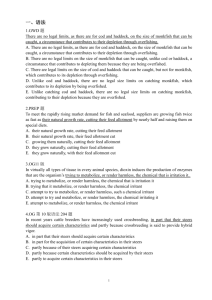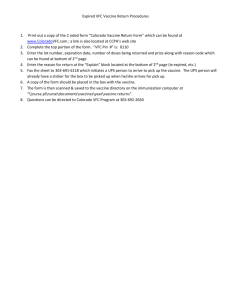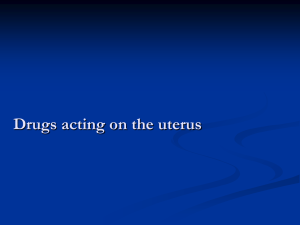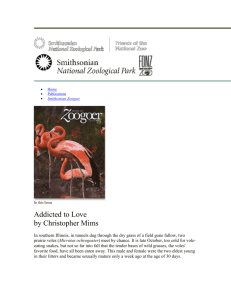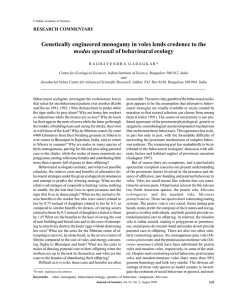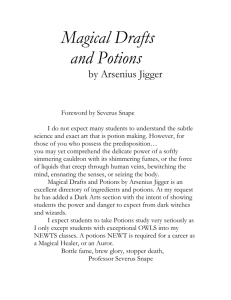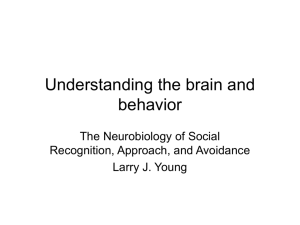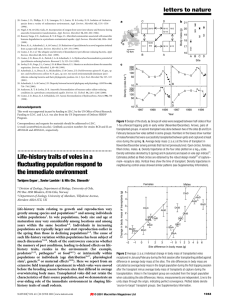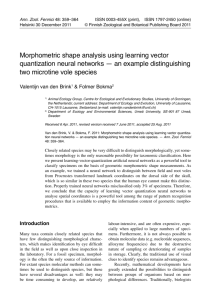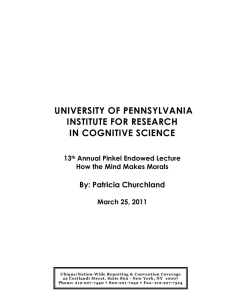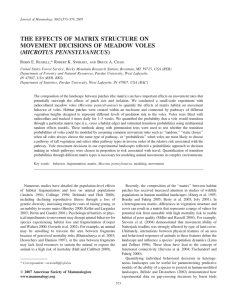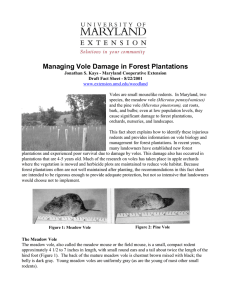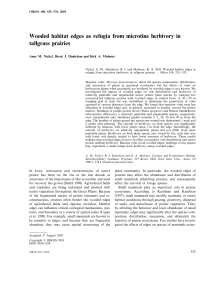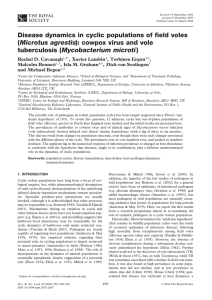File
advertisement
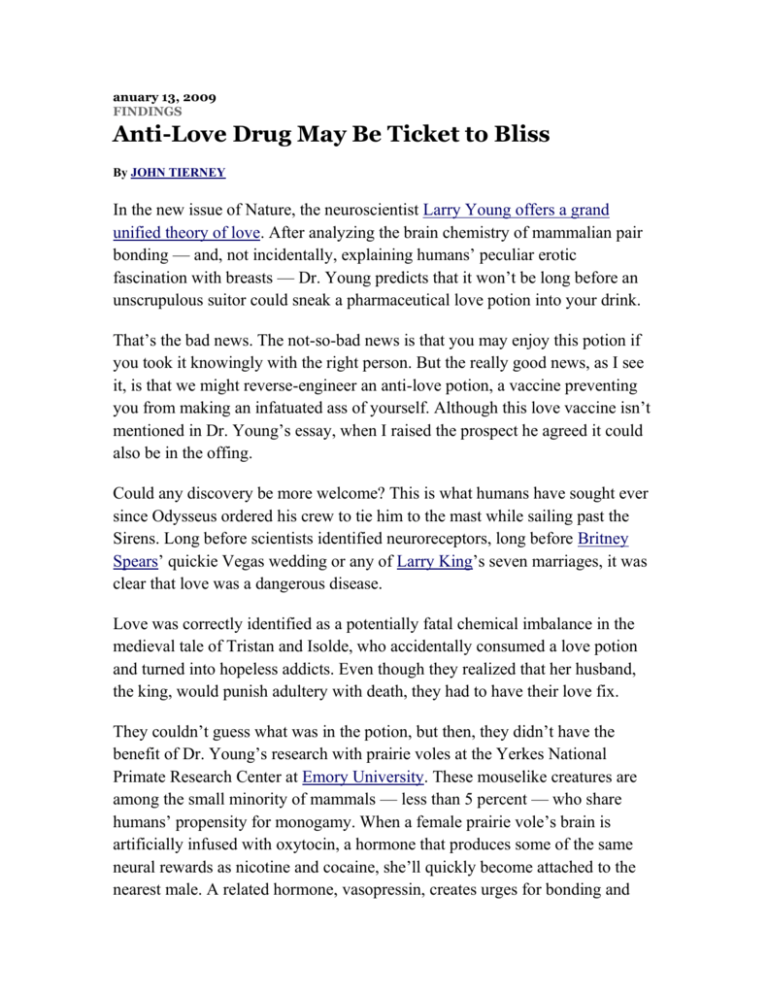
anuary 13, 2009 FINDINGS Anti-Love Drug May Be Ticket to Bliss By JOHN TIERNEY In the new issue of Nature, the neuroscientist Larry Young offers a grand unified theory of love. After analyzing the brain chemistry of mammalian pair bonding — and, not incidentally, explaining humans’ peculiar erotic fascination with breasts — Dr. Young predicts that it won’t be long before an unscrupulous suitor could sneak a pharmaceutical love potion into your drink. That’s the bad news. The not-so-bad news is that you may enjoy this potion if you took it knowingly with the right person. But the really good news, as I see it, is that we might reverse-engineer an anti-love potion, a vaccine preventing you from making an infatuated ass of yourself. Although this love vaccine isn’t mentioned in Dr. Young’s essay, when I raised the prospect he agreed it could also be in the offing. Could any discovery be more welcome? This is what humans have sought ever since Odysseus ordered his crew to tie him to the mast while sailing past the Sirens. Long before scientists identified neuroreceptors, long before Britney Spears’ quickie Vegas wedding or any of Larry King’s seven marriages, it was clear that love was a dangerous disease. Love was correctly identified as a potentially fatal chemical imbalance in the medieval tale of Tristan and Isolde, who accidentally consumed a love potion and turned into hopeless addicts. Even though they realized that her husband, the king, would punish adultery with death, they had to have their love fix. They couldn’t guess what was in the potion, but then, they didn’t have the benefit of Dr. Young’s research with prairie voles at the Yerkes National Primate Research Center at Emory University. These mouselike creatures are among the small minority of mammals — less than 5 percent — who share humans’ propensity for monogamy. When a female prairie vole’s brain is artificially infused with oxytocin, a hormone that produces some of the same neural rewards as nicotine and cocaine, she’ll quickly become attached to the nearest male. A related hormone, vasopressin, creates urges for bonding and nesting when it is injected in male voles (or naturally activated by sex). After Dr. Young found that male voles with a genetically limited vasopressin response were less likely to find mates, Swedish researchers reported that men with a similar genetic tendency were less likely to get married. In his Nature essay, Dr. Young speculates that human love is set off by a “biochemical chain of events” that originally evolved in ancient brain circuits involving motherchild bonding, which is stimulated in mammals by the release of oxytocin during labor, delivery and nursing. “Some of our sexuality has evolved to stimulate that same oxytocin system to create female-male bonds,” Dr. Young said, noting that sexual foreplay and intercourse stimulate the same parts of a woman’s body that are involved in giving birth and nursing. This hormonal hypothesis, which is by no means proven fact, would help explain a couple of differences between humans and less monogamous mammals: females’ desire to have sex even when they are not fertile, and males’ erotic fascination with breasts. More frequent sex and more attention to breasts, Dr. Young said, could help build long-term bonds through a “cocktail of ancient neuropeptides,” like the oxytocin released during foreplay or orgasm. Researchers have achieved similar results by squirting oxytocin into people’s nostrils — not terribly sexy, but it seems to enhance feelings of trust and empathy. Although Dr. Young is not concocting any love potions (he’s looking for drugs to improve the social skills of people with autism and schizophrenia), he said there could soon be drugs that increase people’s urge to fall in love. “It would be completely unethical to give the drug to someone else,” he said, “but if you’re in a marriage and want to maintain that relationship, you might take a little booster shot yourself every now and then. Even now it’s not such a far-out possibility that you could use drugs in conjunction with marital therapy.” I see some potential here, but also big problems. Suppose you took that potion and then suddenly felt an urge to run off with the next person you spent any time with, like your dentist? What if you went to a business convention and then, like an artificially stimulated prairie vole, bonded with the nearest stranger? What if, like Tristan, you developed an overwhelming emotional connection to your boss’s spouse? Even if the effects could somehow be targeted to the right partner, would you want to start building a long-term relationship with a short-term drug? What happens when it wears off? A love vaccine seems simpler and more practical, and already there are some drugs that seem to inhibit people’s romantic impulses (see TierneyLab, at www.nytimes.com/tierneylab). Such a vaccine has already been demonstrated in prairie voles. “If we give an oxytocin blocker to female voles, they become like 95 percent of other mammal species,” Dr. Young said. “They will not bond no matter how many times they mate with a male or hard how he tries to bond. They mate, it feels really good and they move on if another male comes along. If love is similarly biochemically based, you should in theory be able to suppress it in a similar way.” I doubt many people would want to permanently suppress love, but a temporary vaccine could come in handy. Spouses going through midlife crises would not be so quick to elope with their personal trainers; elderly widowers might consult their lawyers before marrying someone resembling Anna Nicole Smith. Love is indeed a many-splendored thing, but sometimes we all need to tie ourselves to the mast.
